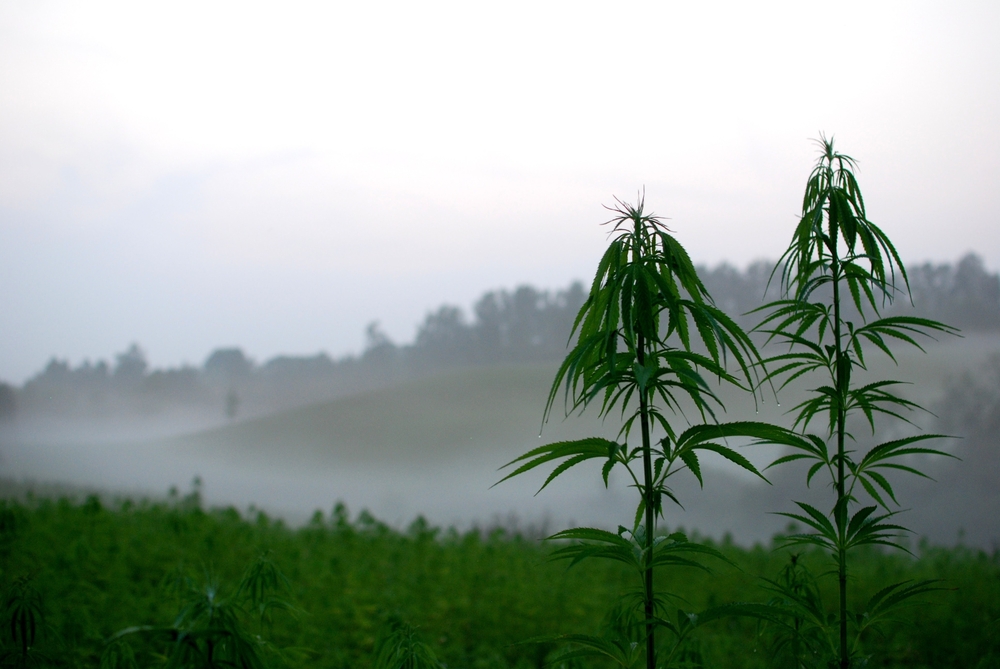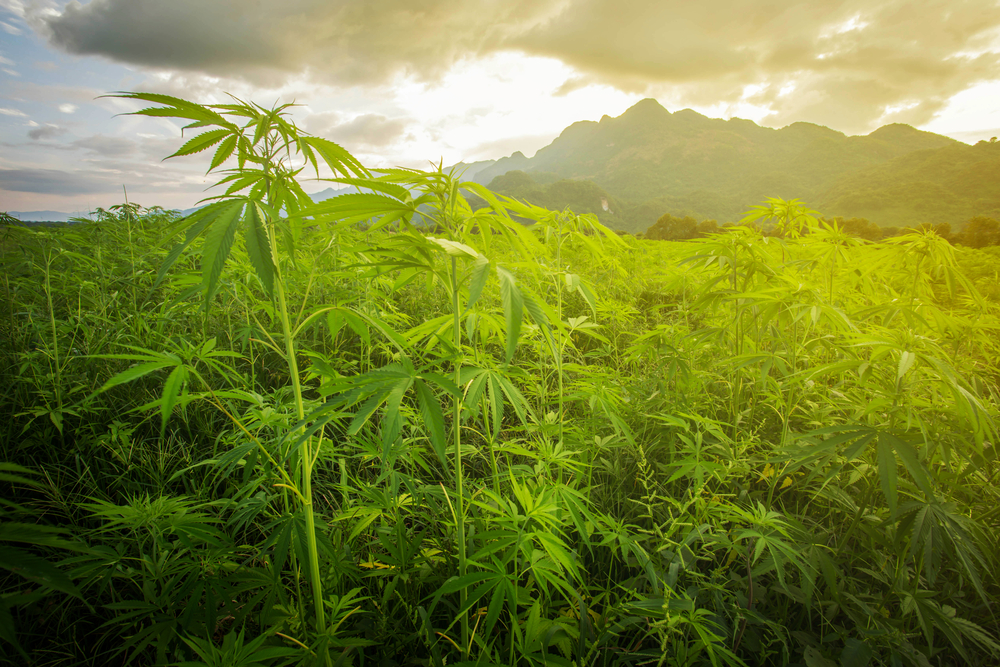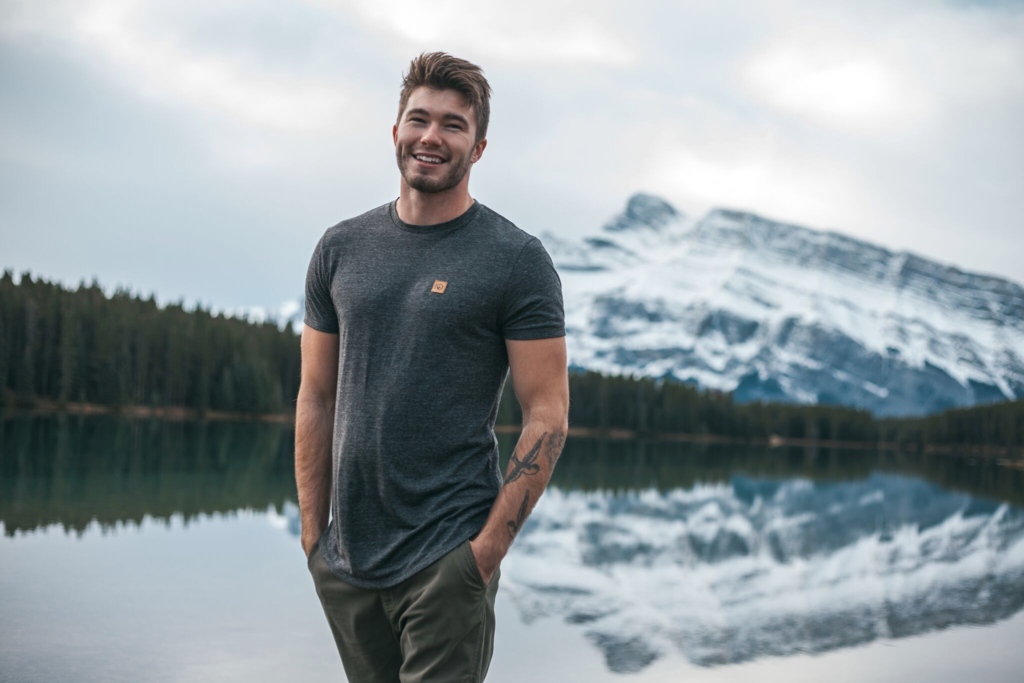Hemp Clothing Is The Best - This Is Why We Carry It In Our Store
Share
Hemp is truly one of the world's most useful plants, at least for humans. Up until the industrial revolution, when corporate and political interests pushed for the banning of hemp, it was a commonly cultivated crop utilized for everything from food to fabric. We want to bring it back, so we've added hemp clothing to our store.
These days, hemp is making a big comeback. No longer demonized for the mind-altering qualities of its cousin, marijuana, states, provinces, and countries around the world are re-legalizing hemp for cultivation.
When it came time to plan our Fall 2017 collection, we wanted to bring hemp products into our store. But we also wanted to make sure that, ecologically, hemp was the right choice. So we dug in, did some research, and this is what we found:
Hemp has a smaller water footprint

Compared to cotton, hemp uses drastically less water. 1,400 gallons of water is required for every pound of cotton produced. There are parts of the world where fresh water is being diverted from local communities to produce cotton to make our textiles. Hemp, on the other hand, requires only about half that, at about 700 gallons per pound of fiber.
Hemp requires less land than cotton

Hemp grows like a weed; that's certainly no secret. And if you've ever seen a fully developed field of hemp in person, it's an enormous plant! Per acre, hemp produces up to 250% more fiber than cotton. That frees up more land to perhaps plant trees or cultivate a more diverse array of crops.
Hemp requires no pesticides

Cotton is more fragile and susceptible to pests than hemp, which is why about a quarter of the pesticides sprayed each year are sprayed onto cotton. Those pesticides aren't always completely removed before being spun into textiles, meaning that your skin can absorb those chemicals. With organically grown hemp clothing, you don't have to worry about the pesticides at all!
Hemp, on the other hand, typically requires no pesticides to grow. It also doesn't require much in the way of fertilizer, which is usually chemical-based. The plant is a real self-sustainer, capable of growing in some of the harshest conditions.
Hemp clothing is better for performance wear

At tentree, we value the outdoors, and often times, the spending time in nature means we get hot and sweaty. Hemp is a breathable fabric, meaning that it doesn't hold moisture. Hemp also stymies the growth of mold and mildew, helping to keep your clothes odorless. Cotton isn't all that bad for breathability either, but hemp has it beat.
Hemp feels better and lasts longer

Making sure that our sources of clothing are ethical and environmentally friendly is important to us, but we also take into consideration the quality of the clothing. What we found is that hemp isn't just better than cotton in almost every way environmentally, it also feels better. Like cotton, hemp will break in over time and become softer, but unlike cotton, hemp holds together considerably longer. It can take a beating!
Hemp looks better

When cotton is spun into fabric, it comes out a creamy, sometimes called 'natural' color. From that point, dyes are added to the fabric to give it the desired color. Hemp clothing, on the other hand, can actually be spun into a number of colors without the use of dye. It can be made to look white, black, brown, gray, or green. This allows for a more natural, earthy look. When you do add dyes to the textiles, because it's already a similar color, the colors wind up looking richer and fuller, leading to a more aesthetically pleasing piece of clothing.